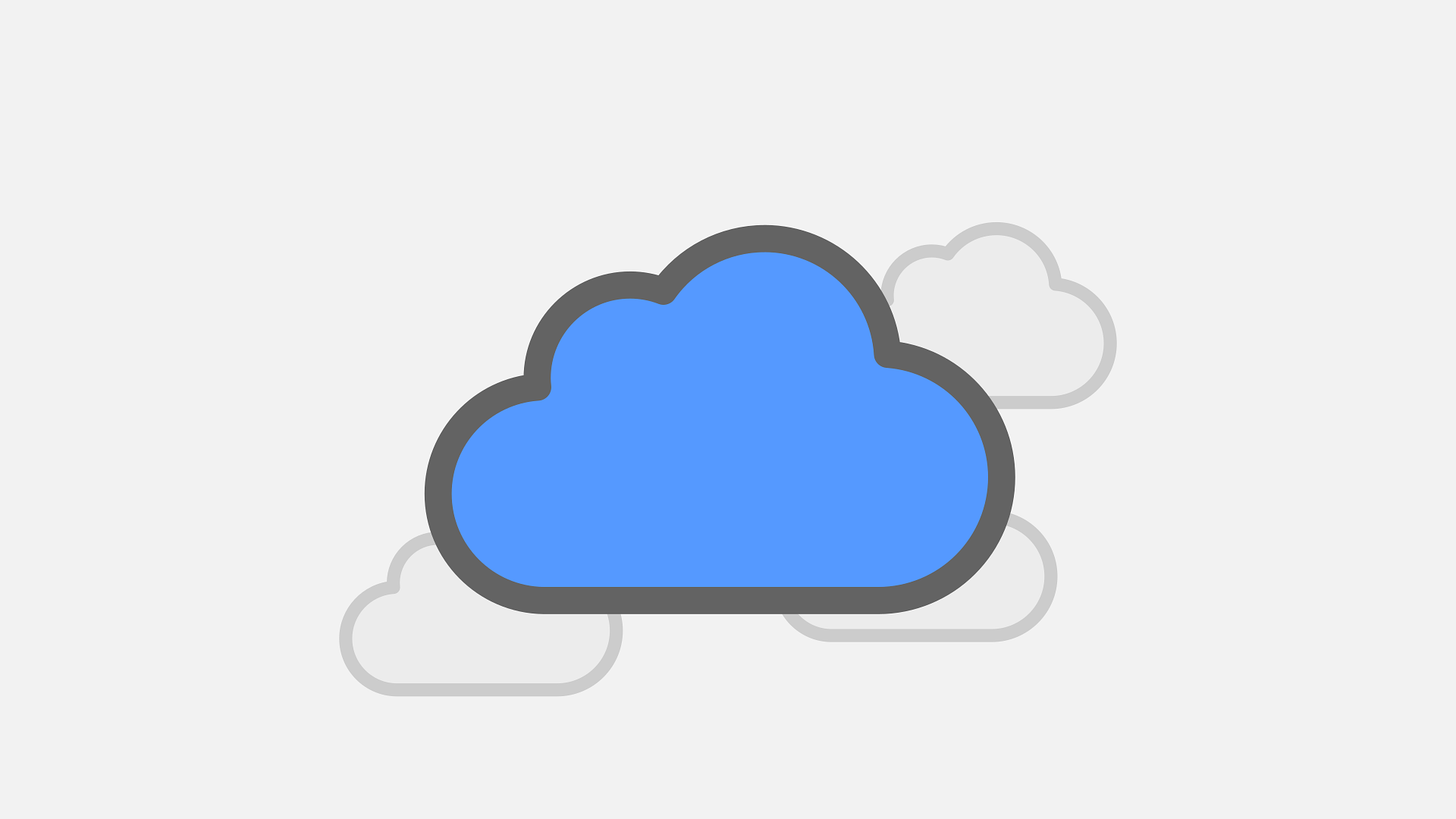Online security is more important than ever, especially for business owners. With cyber threats growing more sophisticated, safeguarding your company’s sensitive data is crucial to maintaining trust and avoiding costly breaches.
Whether you run a small startup or a large corporation, understanding the fundamentals of online security is vital. From protecting customer information to ensuring your business’s reputation remains intact, the right security measures can prevent potential disasters.
In this blog post, we’ll explore the key things every business owner should know about online security, offering practical tips and insights to help you safeguard your business in the digital age. Without further ado, let’s get started.
The Importance of Strong Passwords and Multi-Factor Authentication
One of the first lines of defense against cyber threats is having strong, unique passwords for all your business accounts. Avoid using common phrases or easily guessable information like birth dates. Instead, use a combination of letters, numbers, and symbols to create complex passwords.
Furthermore, implementing multi-factor authentication (MFA) adds another layer of protection by requiring a second form of verification, such as a fingerprint or a one-time code sent to your phone. MFA can drastically reduce the risk of unauthorized access, even if a password is compromised. Ensure your employees are also using secure password practices for enhanced protection.
Protecting Customer Data: A Legal and Ethical Responsibility
Protecting your customers’ personal and financial information is not just a security concern but a legal and ethical obligation. With privacy laws like GDPR and CCPA, businesses must ensure they are compliant with data protection regulations. This means using encryption for sensitive customer data, limiting access to it within your organization, and securely disposing of information that is no longer needed.
A data breach can not only damage your reputation but also result in costly fines and lawsuits. By prioritizing customer data security, you build trust and demonstrate your commitment to safeguarding sensitive information.
The Role of Regular Software Updates in Preventing Cyber Attacks
Many cyberattacks exploit vulnerabilities in outdated software, making regular updates essential for securing your business’s systems. Whether it’s your operating system, applications, or antivirus programs, software developers frequently release patches and security updates to address newly discovered threats.
Failing to install these updates can leave your business exposed to hackers. Set up automatic updates whenever possible or create a routine to manually check for them. Additionally, ensure your team is aware of the importance of timely updates and regularly review your software for any security patches that might have been missed.
The Benefits of Using a VPN for Secure Remote Work
With remote work becoming more prevalent, securing internet connections is critical to protecting business data. A Virtual Private Network (VPN) creates a secure, encrypted connection between your device and the internet, reducing the risk of data breaches. You can use a VPN to secure your connection and prevent unauthorized access to your network, especially when working from public Wi-Fi hotspots. This is especially important for businesses with remote teams or employees who frequently access company systems from various locations.
A VPN can also help prevent tracking and ensure privacy while browsing or communicating online. Be sure to choose a reliable VPN provider that offers strong encryption, a no-logs policy, and fast connection speeds. Educate your employees on the importance of using a VPN whenever they access company systems remotely, whether on personal devices or public networks.
Understanding the Risks of Phishing and Social Engineering Attacks
Phishing and social engineering are common tactics used by cybercriminals to trick individuals into revealing sensitive information, such as login credentials or financial details. These attacks often come in the form of emails or messages that appear legitimate but are actually malicious. Training your team to recognize phishing attempts, such as suspicious links, unexpected attachments, or unusual sender addresses, is crucial.
Implementing email filters and security measures can help reduce the number of phishing attacks reaching your inbox. Encourage employees to verify suspicious messages with your IT department before taking any action.
Backup and Disaster Recovery Plans: Be Prepared for the Worst
No business is immune to potential disasters, including cyberattacks, hardware failures, or natural events. A solid backup and disaster recovery plan ensures that, in the event of a security breach or system failure, your business can quickly recover and continue operations.
Regularly backup critical data, whether it’s to cloud storage or physical drives, and ensure backups are stored securely. Test your recovery process to confirm that it works when needed. By preparing for the worst-case scenario, you minimize downtime and reduce the financial and operational impact of any unforeseen event.

Online security is an essential aspect of running a successful business in the digital age. By implementing strong passwords, multi-factor authentication, secure software practices, and using tools like VPNs, you can significantly reduce the risk of cyber threats. Educating your team about phishing scams, securing customer data, and having a solid backup and disaster recovery plan further enhances your business’s resilience against attacks. Prioritizing these measures not only safeguards your business from financial and reputational damage but also helps build trust with customers, ensuring long-term success in a competitive digital landscape.

